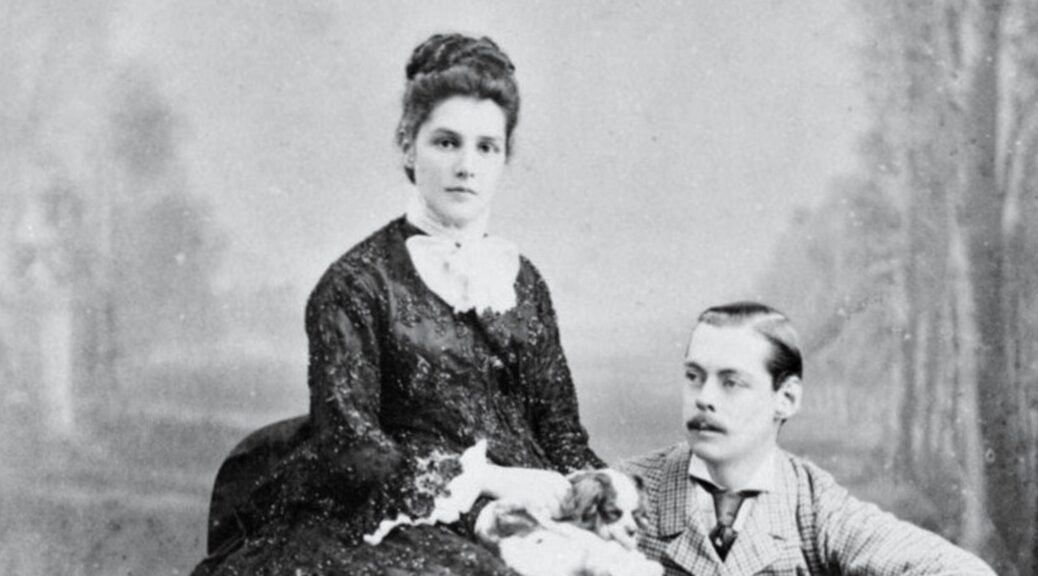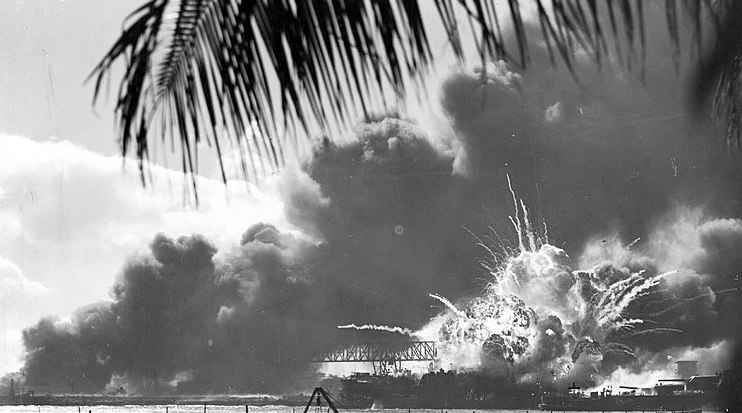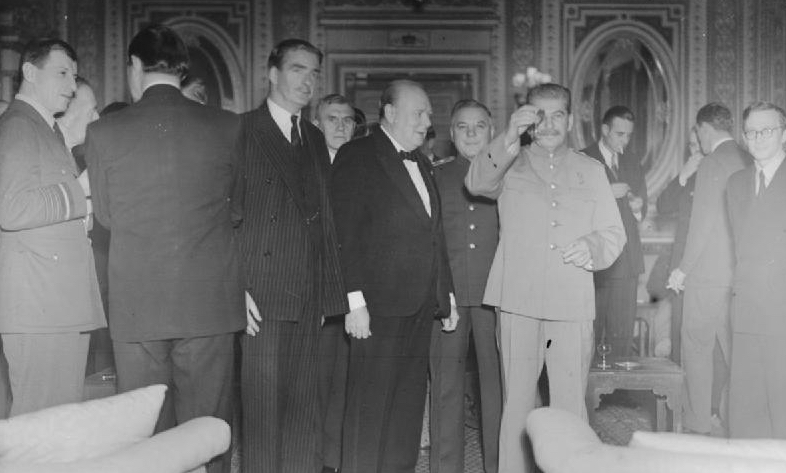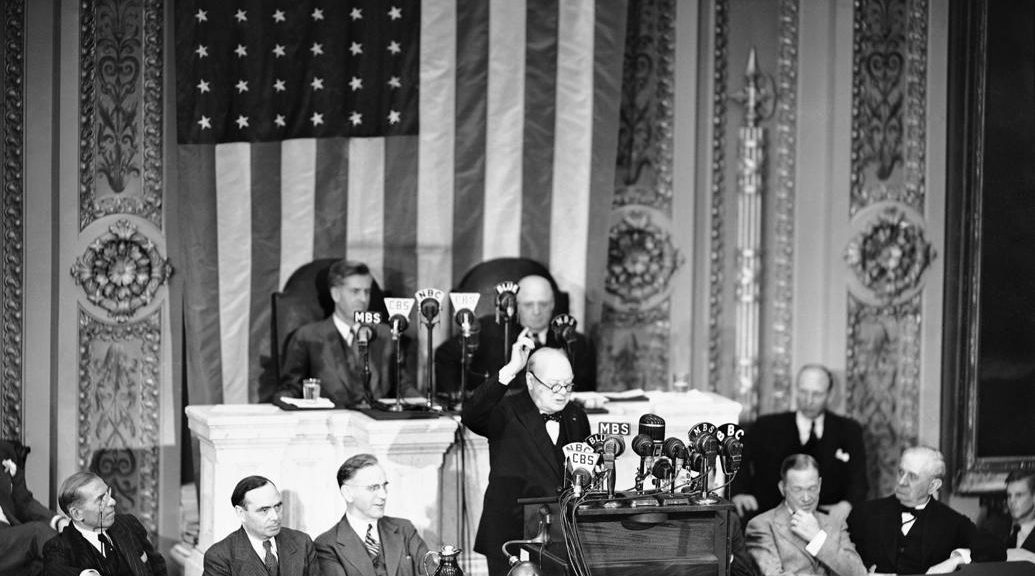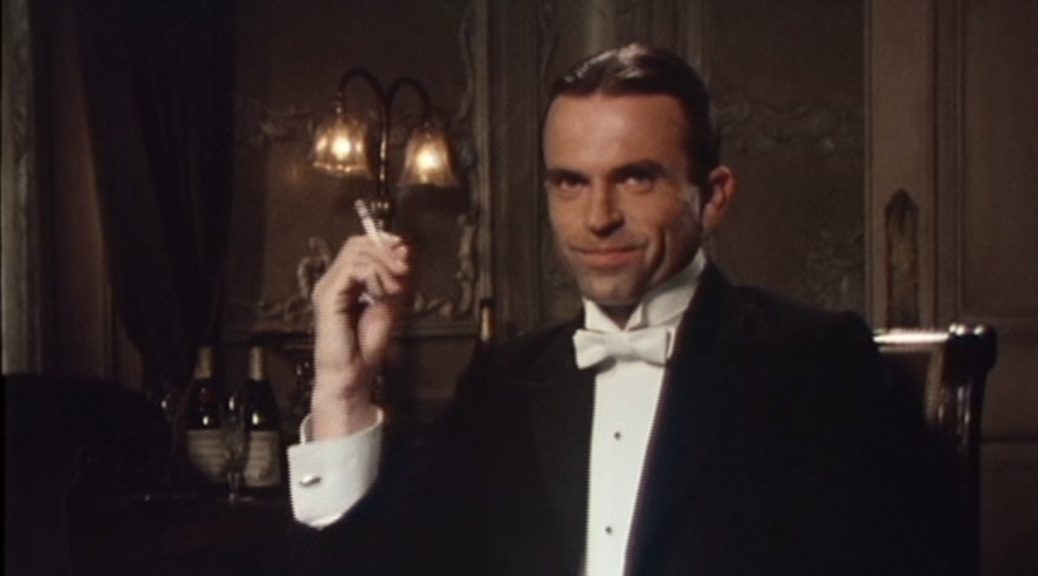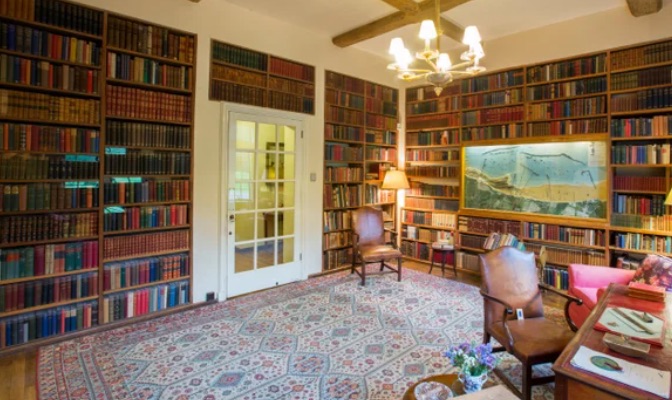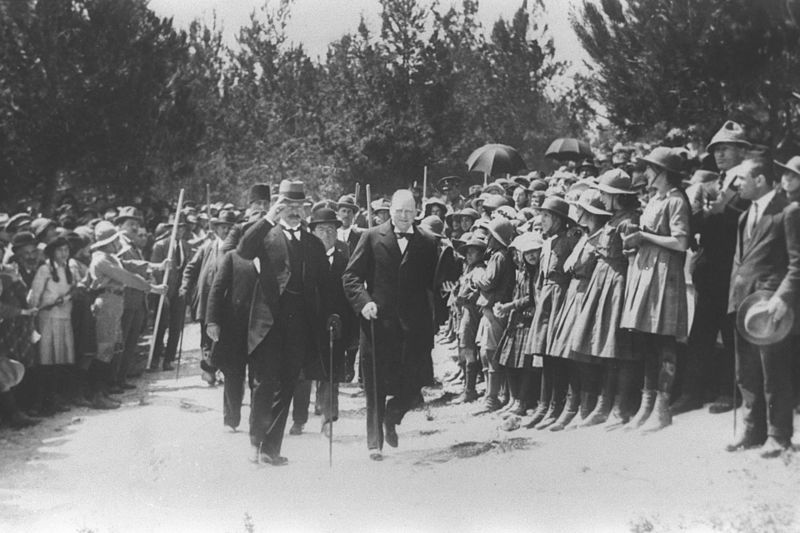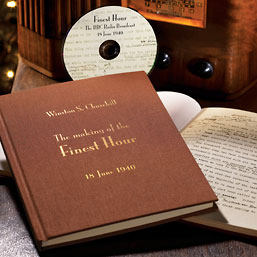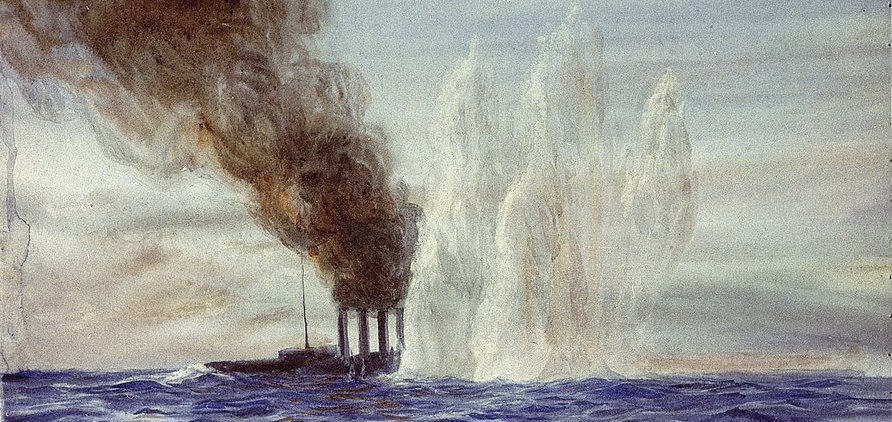
Q&A: Churchill Libeled by Lord Alfred Douglas
Lord Alfred Douglas, friend of Oscar Wilde, was involved in several scandals, one of the more unfortunate being his accusation that Churcill manipulated press announcements about the Battle of Jutland in order to favor Jewish investors on the New York Stock Market.
